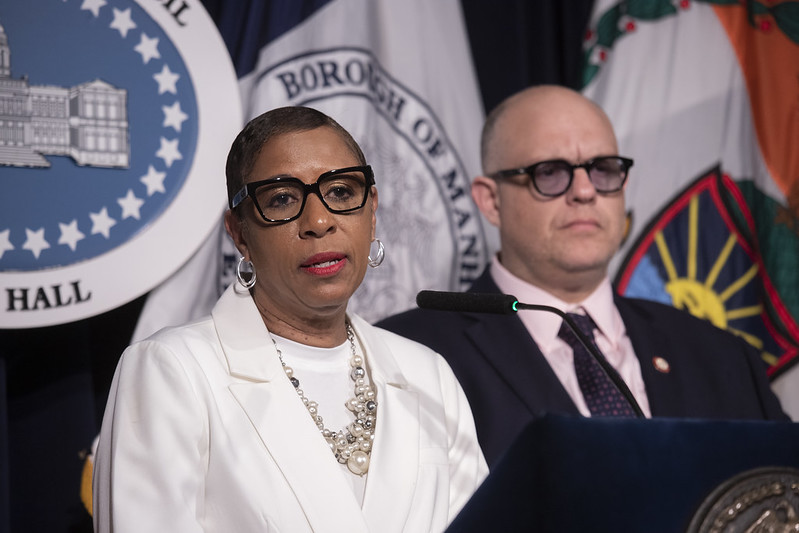By Nate Raymond
BOSTON (Reuters) – Four former employees at a firm that advises companies on shareholder votes went on trial on Monday, in a case that prosecutors say shows how secret corporate information can be misused for purposes other than insider trading.
Employees at Georgeson LLC, a leading proxy solicitation firm owned by Computershare Ltd, bribed someone working at Institutional Shareholder Services (ISS) for details about how the proxy adviser’s investor clients voted on shareholder proposals, Assistant U.S. Attorney Eric Rosen told a federal jury in Boston.
The bribes to ISS employee Brian Bennett came in the form of $14,000 worth of tickets to events like a Boston Red Sox baseball game and a concert featuring the band U2, Rosen said in his opening statement.
Rosen said the goal of the Georgeson employees – Michael Sedlak, Donna Ackerly, Charles Garske and Richard Gottcent – was to gain an illegal edge in their work representing companies on shareholder votes.
“The defendants bought secrets, secrets to which they were not entitled,” Rosen said.
Defense lawyers argued their clients did not commit wire fraud or honest services wire fraud and said the information Bennett supplied was not materially different from what Georgeson could obtain from public sources or the investors themselves.
“The government can’t just come in here and say that it’s confidential,” Justine Harris, Garske’s lawyer, told jurors. “Saying it so doesn’t make it so.”
In November, Georgeson agreed to pay $4.5 million and enter into a deferred prosecution agreement to resolve related charges. [nL1N1O01U1]
Prosecutors said Bennett from 2007 to 2012 used his job at ISS to supply Sedlak with information about how shareholders voted.
Sedlak forwarded the information to Georgeson employees Ackerly, Garske, Gottcent and Keith Haynes, some of whom then provided it to their corporate clients, prosecutors said.
Rosen said Ackerly and Garske also arranged to have the bribes billed to clients using invoices that included false descriptions, such as “courier services.”
While Rosen acknowledged Georgeson could have sought the information Bennett provided directly from investors, he said most institutional investors do not disclose such info and that other methods to predict a vote’s outcome were not exact.
Bennett and Haynes have pleaded guilty and are expected to testify for the prosecution. ISS in 2013 paid $300,000 to resolve U.S. Securities and Exchange Commission charges it failed to safeguard client information.
(Reporting by Nate Raymond; Editing by Lisa Shumaker and Rosalba O’Brien)


















